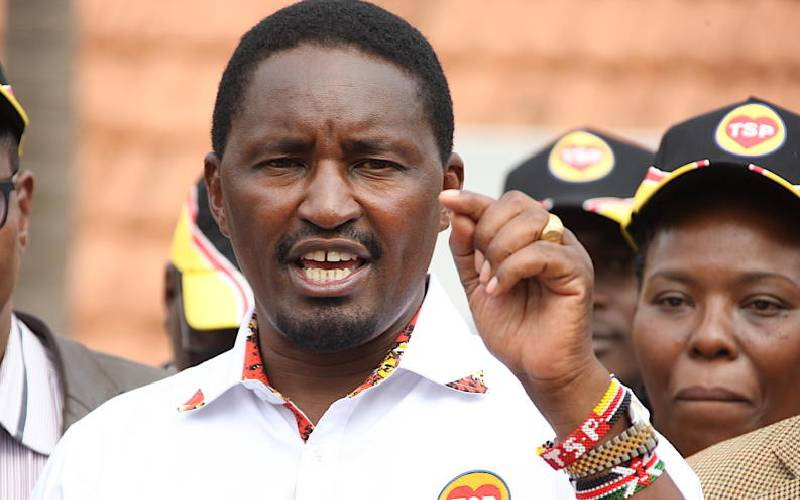×
The Standard e-Paper
Kenya’s Boldest Voice

Laikipia East MP Mwangi Kiunjuri has proposed amendment to the Independent Electoral and Boundaries Commission Act seeking to have current deviations between constituencies in terms of population or even counties be equal to the number of votes.
Kiunjuri said that whereas the deviation of voters in different electoral units varies depending on a country's laws, a deviation of 50 per cent would be hard to justify.